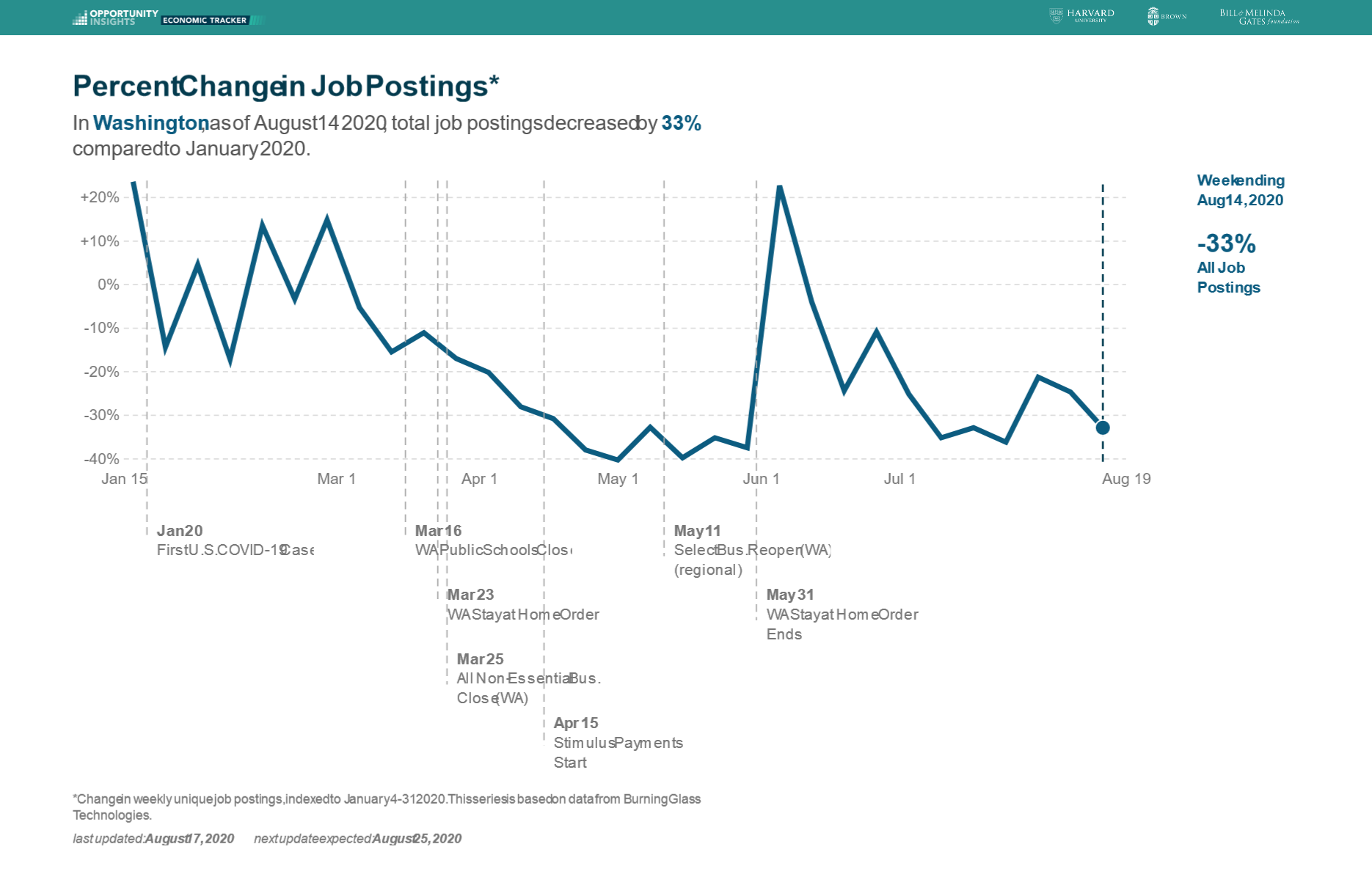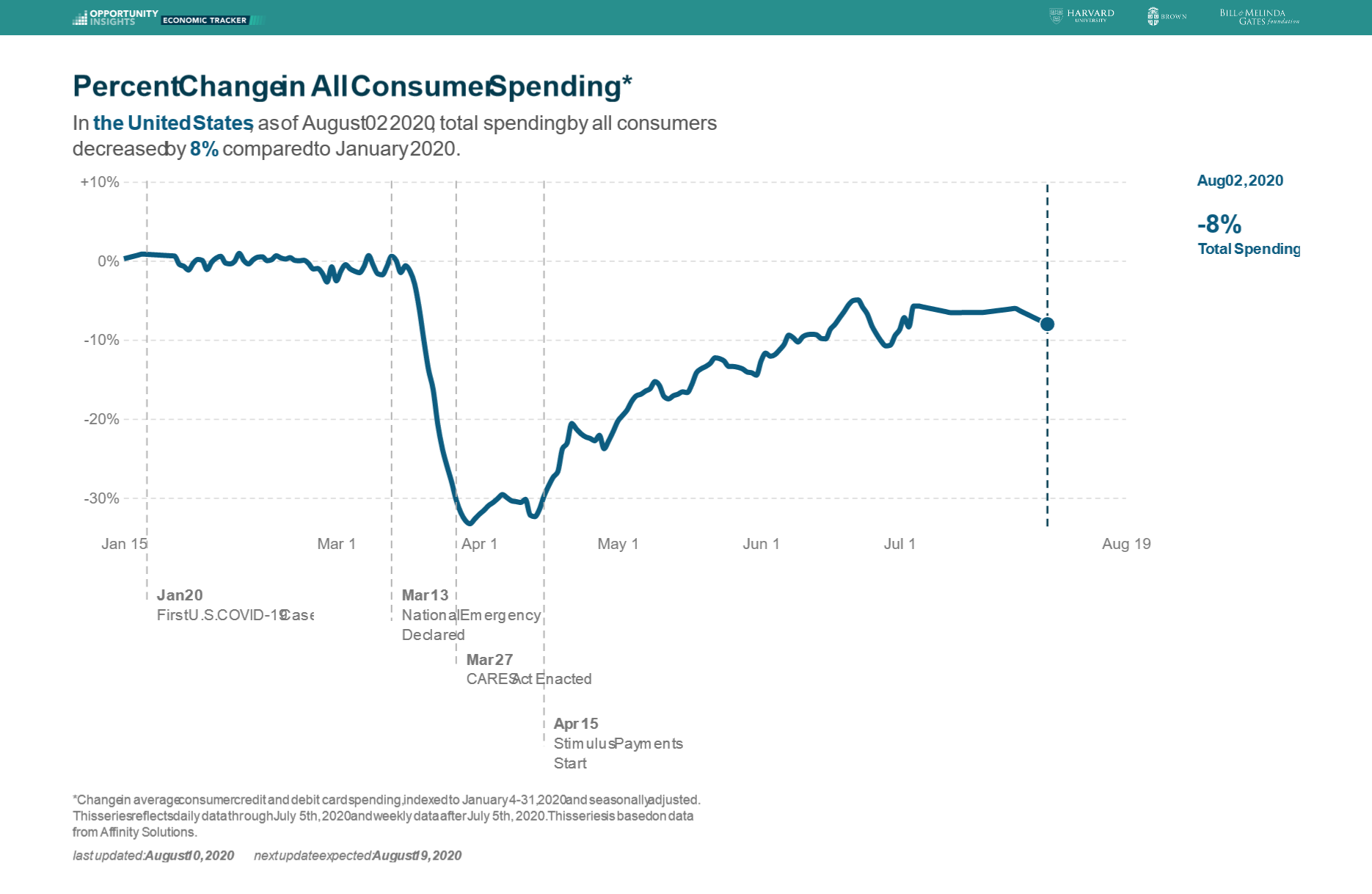Further evidence of authoritarian political conclusions being drawn by liberal billionaires, if reluctantly, and hesitantly.
Yet, the post hints at profound questions about democracy's ability to manage a crisis where vast structural and existential damage requires vast change and increased public -- state -- direction and controls over the economy, public health, and political life. The Republican party began giving up on democracy under Roosevelt, whom they hated, and whose hate he welcomed. Eisenhower slowed the party's surrender.
But Johnson's civil rights legislation - the last upward legacy of the New Deal era -- was followed by the corruptions of Nixon: the cynical, racist Southern -- "save the Dixiecrat Confederacy" Strategy; followed by the assassinations of the Kennedys and King (I think we know who did that); followed by the "wars on drugs" (which did nothing to stop drugs, indeed increased their distribution, but disenfranchised millions of African Americans); followed by the mortal national wounds from the debacle of Vietnam --- the poisoned fruit of global corporate "world domination" imperialism.
The Republican contempt for democratic norms accelerated under Reagan, with ever closer ties to utra-right, racist and fascist-minded movements, some under the cover of fake Christianity. It was mostly funded by billionaires.
The divisions had a big impact on Democrats too. Under Clinton the Democratic Party leadership gave up the New Deal coalition as "unwinnable" -- a democratic coalition that successfully managed a world wide crisis WITHOUT major recourse to authoritarian models. Hope instead was placed in new capital centers, especially high-tech and entertainment. But that has proven to be a vain and illusory escape from defending against blatant attacks on the path of "a more perfect union"
The weakening of unions and assaults on civil rights, and rising inequality, spread ever deeper, and in sync. Corporate elites, including the liberal ones, pleaded for the "necessity" of further vast accumulations of wealth to "reproduce the system" [Reginald Jones, Chair of GE in the 70's -- the "most profitable corporation in the world"]. Vicious assaults on the franchise of African Americans and the poor became Republican doctrine. The decades of anti-communist, anti-liberation fraudulent covers for militarization gave rise to a military establishment no longer dependentt on democratic declarations of war, or drafts -- viable only for foreign policies that HAVE WIDE PUBLIC SUPPORT. Taxpayers were broadly lied to about savage and brutal colonial and neo-colonial extraction regimes, which led to military and covert subversions of actual democratic movements across the world.
And now Trump - more the product than the cause of American decline. I submit the crossroads we approach now -- in a pandemic which has exposed the profound depth of our corruption -- will destroy this union if the Republican party as presently composed and led, is not outlawed and repressed. There is now no more common ground between the two parties that there was in 1858 between the Repubican Party and the treasonous slavocracy Democratic party of that time.
It is inevitable that in big crises, the state becomes bigger and more authoritarian. It can be temporary, and democracy can be restored, but only if a renewed foundation of national unity can be defined and sustained.
Of large nations, China has been the most successful in this crisis, and is a one party state. Bourgeois voices assume that is the same as "authoritarian". That certainly applies to some regimes. But not all. The US was a one party state through the revolution and the civil war. What happens down the road from here is not determined.
*************************************************************
Bloomberg New Economy: Curing a Virus With Authoritarianismhttps://www.bloomberg.com/news/newsletters/2020-08-15/bloomberg-new-economy-curing-a-virus-with-authoritarianismThe campaign against plague in the Middle Ages "marked a moment in the emergence of absolutism," writes Yale University historian Frank M. Snowden in "Epidemics and Society: From the Black Death to the Present." Ever since then, autocrats have used epidemics as an excuse to tighten control over their subjects.
The basic tools they deploy have hardly changed, including quarantine and sanitary cordons. And their playbook has remained remarkably consistent: Seize control of the economy, drastically restrict the movement of people and authorize forcible detentions. Authoritarians generally figure that traumatized populations will give them credit for taking resolute action. Indeed, history shows that citizens and civic leaders rarely resist.
Covid-19 represents a new moment in this march of state power. In an era of Artificial Intelligence-enabled digital surveillance, governments around the world have been unable to resist the temptation to intrude more deeply into the lives of their citizens, as always justifying their draconian actions in the name of conquering a mortal threat.
A security guard carrying a rifle monitors a shopper, left, exiting a disinfection channel installed at the entrance of a shopping mall in Manila on May 16.Photographer: Ted Aljibe/AFP
This week in the New Economy
Alibaba and Xiaomi get into Hong Kong's benchmark index.
Venezuela boosts oil exports even as production plummets.
And the U.S. seized Iranian tankers carrying fuel to Venezuela.
Elite Thai visa program aims to lure expats seeking virus haven.
South Africa plans a building boom to spur virus recovery.
"The overlap of these two global disruptions—the epidemiological and the technological—will shape the next few years of global history," writes Nicholas Wright, a medical doctor and neuroscientist who works on emerging technologies and global strategy at University College London and Georgetown University Medical Center.
Beyond the lingering health effects on its victims, as well as the economic scars, the lasting legacy of the novel coronavirus is likely to be a permanent erosion of civil liberties.
Israel, for instance, has tapped into troves of secret mobile phone data collected for counterterrorism purposes to fight the virus. Singapore requires visitors to wear tracking devices. South Korea uses credit card data to triangulate the movement of its citizens. Meanwhile, the state of Karnataka in India demands hourly selfies from those in quarantine.
Taiwan had previously merged its national health insurance database with its customs and immigration database, a system that is now generating real-time alerts among patients seeking treatment based on travel history.
Volunteers measure temperatures and scan health codes for residents of Jilin City, China, on May 17.Photographer: Barcroft Media
And China, where the Covid-19 outbreak originated, has seized upon the pandemic to add to its existing state surveillance.
In dealing with the crisis, the scholars Sheena Chestnut Greitens and Julian Gewirtz note that Chinese leaders have fused the concepts of public health and national security. This effort, in Chinese Communist Party-speak, is known as "fangkong," or "prevent and control." Local public security bureaus have been helping companies develop health-monitoring apps, and then making use of the data these apps spew out—everything from body temperatures to social contacts—to profile citizens in minute detail.
State capacity of this kind is growing around the world, in large part thanks to China's efforts to export surveillance technology to countries from Central Asia to Africa that have signed up to its "Belt and Road" infrastructure-building project.
"Democracies must develop a clear and distinct vision for the future relationship between health and security so that China's approach does not become the world's," write Greitens and Gewirtz.
It is true however that surveillance is an essential tool of public health, and some restrictions on individual freedoms are necessary to prevent the spread of infection and save lives.
That said, it's far easier for governments to grab power under cover of an epidemic than for citizens to claw it back once the threat recedes. For this reason, the United Nations Office of the High Commissioner for Human Rights has warned that emergency measures implemented to combat Covid-19 should be time-limited, "the least intrusive to achieve the stated public health goals" and include safeguards "to ensure return to ordinary laws as soon as the emergency situation is over."
The plagues of the Middle Ages, notes Yale's Snowden, usually killed more than half of their victims, giving rise to the cliche that too few survived to bury the dead. Covid-19 has been far less deadly, but the political impact could be just as profound.
Once this pandemic is conquered, the first priority will be rolling back the state.
-- via my feedly newsfeed

